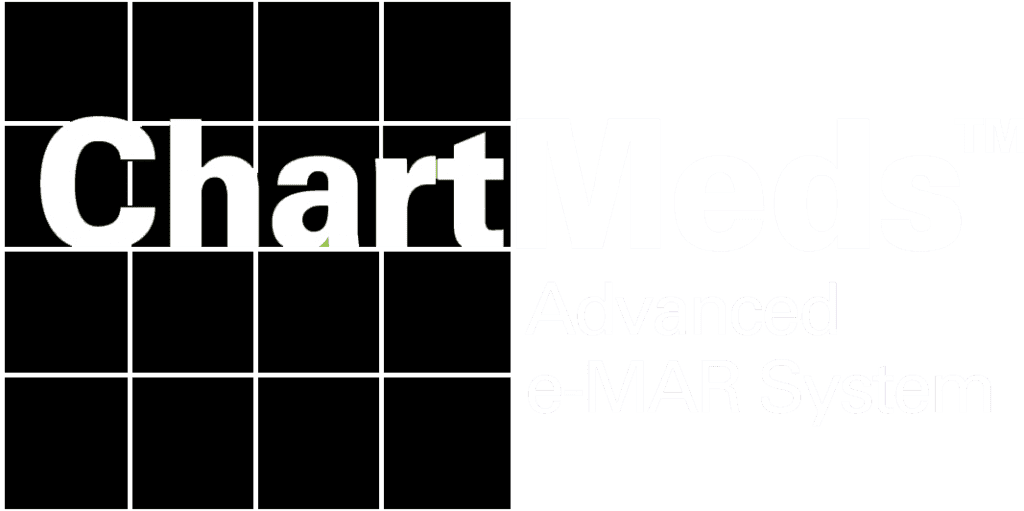Achieve More Effective Transitions of Care with Coordinated Discharge Planning
Although usually associated with hospitals and other medical facilities, discharge planning occurs in many systems of care. Corrections, foster care, schools, domestic violence and child abuse shelters, and mental health and substance abuse treatment centers and residential facilities all develop discharge plans for their clients who are ready for a different level of care and support in a new environment.
Not surprisingly, participants in the corrections, foster care, and other municipal or crisis systems frequently have mental health and substance abuse issues. Behavioral health care providers are often the first step in the transition of care and may assume the role of discharge planner or case manager when such clients leave those systems.
As behavioral health professionals, and particularly case managers, know, individuals with mental illness are highly likely to also have co-occurring addiction disorders and/or physical health challenges such as diabetes, heart disease or obesity. Mental health patients may only seek help for physical ailments in an emergency situation so their behavioral health caregivers often become the principal conduit to routine or preventative primary health care as well.
Mental health patients may too struggle with homelessness, unemployment, proper nutrition, lack of transportation and lack of social/community supports. Case managers in behavioral health organizations are often called upon to help connect their clients with resources to fulfill those additional needs during and after treatment in their facility.
Discharge planning should begin when patients first enter a program or facility regardless of the service initially required. Plans should be person-centric based on needs during treatment and the most fitting and available resources. The monitoring and oversight may continue through several transitions, levels or locations of care including a patient’s home and, in some cases, for their entire life. And plans may be revised as needed based on a patient’s progress or decline.
Too often discharge planning is an inconsistent and fragmented process. And the consequences for a lack of adequate and appropriate discharge planning can be dire, resulting in significant adverse outcomes – from medication errors, re-admissions, and deterioration or relapse of symptoms/ condition to homelessness and even death.
Penalties can be imposed for failure to implement effective follow-through with mandated discharge plans. For example, the Patient Protection and Affordable Care Act (ACA) sets a threshold and assesses penalties for unacceptably high hospital re-admission rates of Medicare and Medicaid patients. Under the Olmstead decision (Olmstead v. L.C., 527 U.S. 581 (1999)), behavioral and mental health organizations may ultimately be subject to a similar level of accountability.
Starting or upgrading a discharge planning process to meet current and emerging standards can be daunting. Even under the best of circumstances, collecting, organizing and analyzing an enormous amount of information from numerous and disparate sources is a challenging task for case managers. Decisions must be made under time constraints and often in emotionally-charged situations.
Fortunately, there are a number of resources available to health care providers to help design and implement a quality transition program. There is general consensus among discharge planning experts and researchers as to the fundamental elements of successful, seamless transitions of care. At a minimum, these authorities recommend the following as essential building blocks of discharge planning:
- Articulated Vision
- Defined Workflows
- Documentation
- Designated Lead & Team Members
- Education/Training (Staff & Patients)
- Schedule or Timeline
- Risk Assessment
- Service Plan
- Resource Identification
- Communication Plan
- Follow-Up Plan
- Checklist
In these recommendations, a common underpinning is found in the appropriate and judicious use of technology to manage and support the process. For any form of discharge planning to be successful, comprehensive, accurate information about the patient needs to be securely collected and shared within a network of caregivers, e.g., primary and specialty health care providers; pharmacies; community and social supports; government and regulatory authorities; and family, friends and advocates.
Innovative Electronic Health Record (EHR) information technology tools can help health care organizations provide the quality coordinated care and discharge planning that patients expect and deserve and meet the equally fast-moving development of standards and requirements by accreditation, regulatory and funding authorities.
When the clinical needs of clients are coordinated with appropriate, available resources, discharge planning can be transformed into an efficient and seamless transition of care. Critical patient information is accurately and securely exchanged among provider organizations and professionals. Redundant data entry and communication breakdowns are eliminated. And compliance, accountability and transparency occur in tandem with the care process – not as separate documentation.
Health care organizations themselves are recognizing the value of technology-driven transitions of care. In demanding the necessary functionality to provide quality coordinated care, a platform approach enables fast delivery of highly configurable tools; faster implementation of evidence- based rules; and increased capacity for real-time, online collaboration and intervention.
Secure, standards-compliant data sharing too plays a role. In order to qualify for Meaningful Use financial incentives through ARRA-HITECH (American Recovery and Reinvestment, Health Information Technology for Economic and Clinical Health Act 2009) legislation, organizations must be able to produce and electronically exchange a Continuity of Care Document (CCD) or Continuity of Care Record (CCR).
CCD or CCR electronic document exchange standards developed by ASTM International and Health Level 7 must contain a core set of administrative, demographic and clinical data about the patient in transition and provide a “snapshot” of pertinent information that can be shared among various health care providers and settings.
Because these documents are predicated upon widely-adopted standards, they must be interchangeable and readable by the many and varied software applications, web browsers, EHRs and other systems used by health care organizations. Technology-driven Health Information Exchange (HIE) provides authorized health care providers with instant access to critical data, and allows patients to identify under what circumstances and with whom their personal health information is shared.
Care coordination is how Health and Human Services organizations achieve their mission to deliver appropriate services to the appropriate individuals and improve clinical, financial and operational outcomes. In turn, discharge planning done right is an effective tool in ensuring successful transitions of care to help patients achieve long-term health and well-being and independent living.
With the right technology in place, as well as a dedicated commitment to coordinating care with all providers to foster a stronger healing plan for the individual, the reality is that client outcomes can improve, efficiency can be gained and the future outlook can be much brighter for both the mental and primary health systems. The approach is proven — the challenge in front of us is in driving greater adoption system-wide.
Integrative is a Health and Human Services software company that provides innovative solutions to connect, collaborate and coordinate care, bill, report and manage services across and among Health and Human Services agencies, including Public Health, Behavioral & Mental Health, Early Intervention, Foster Care, IDD, Education, Justice & Correctional, Community Providers, and the patients and consumers which they serve. Integrative is a Harris Healthcare Company. Learn more at harrisintegrative.com.









